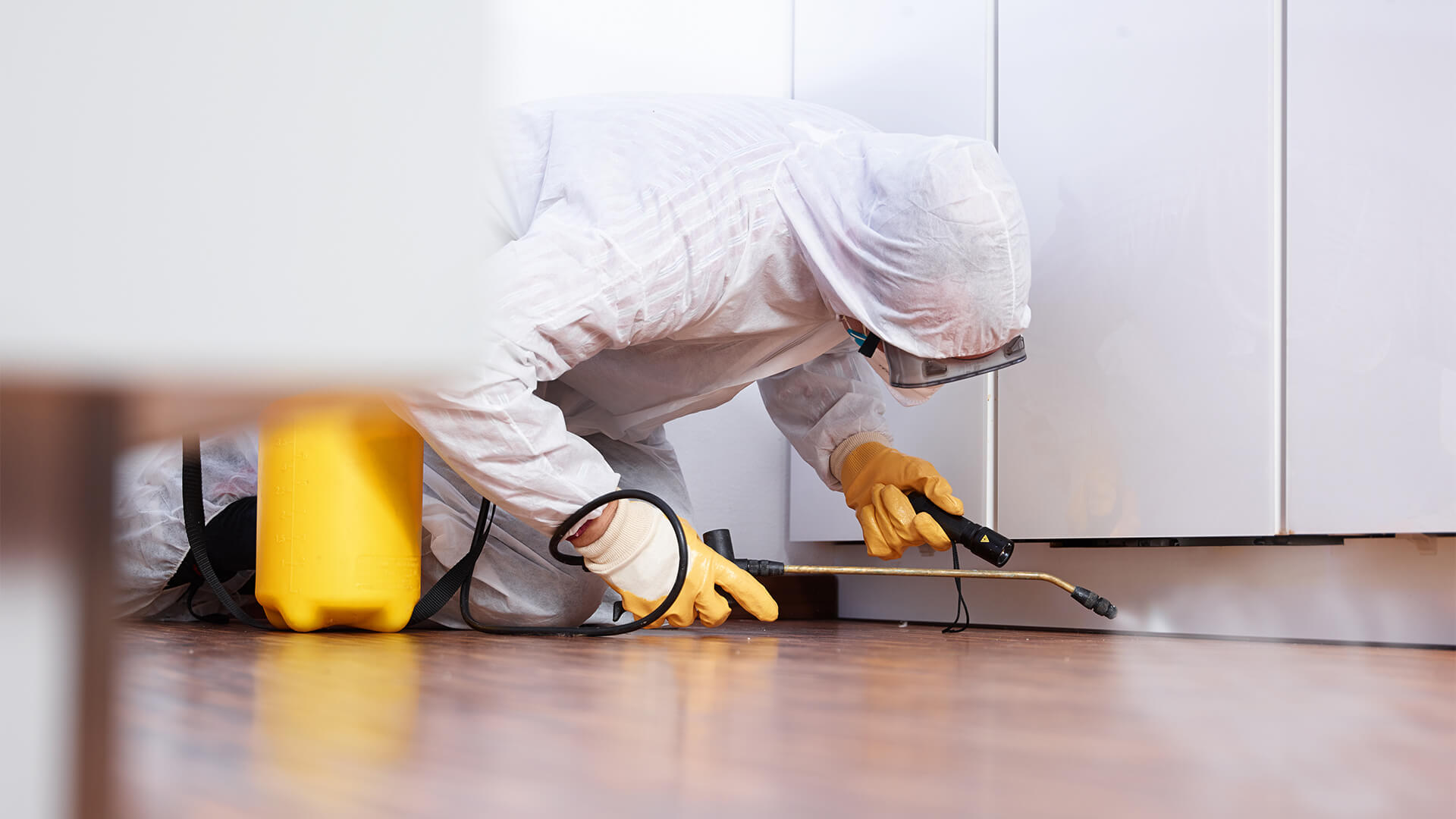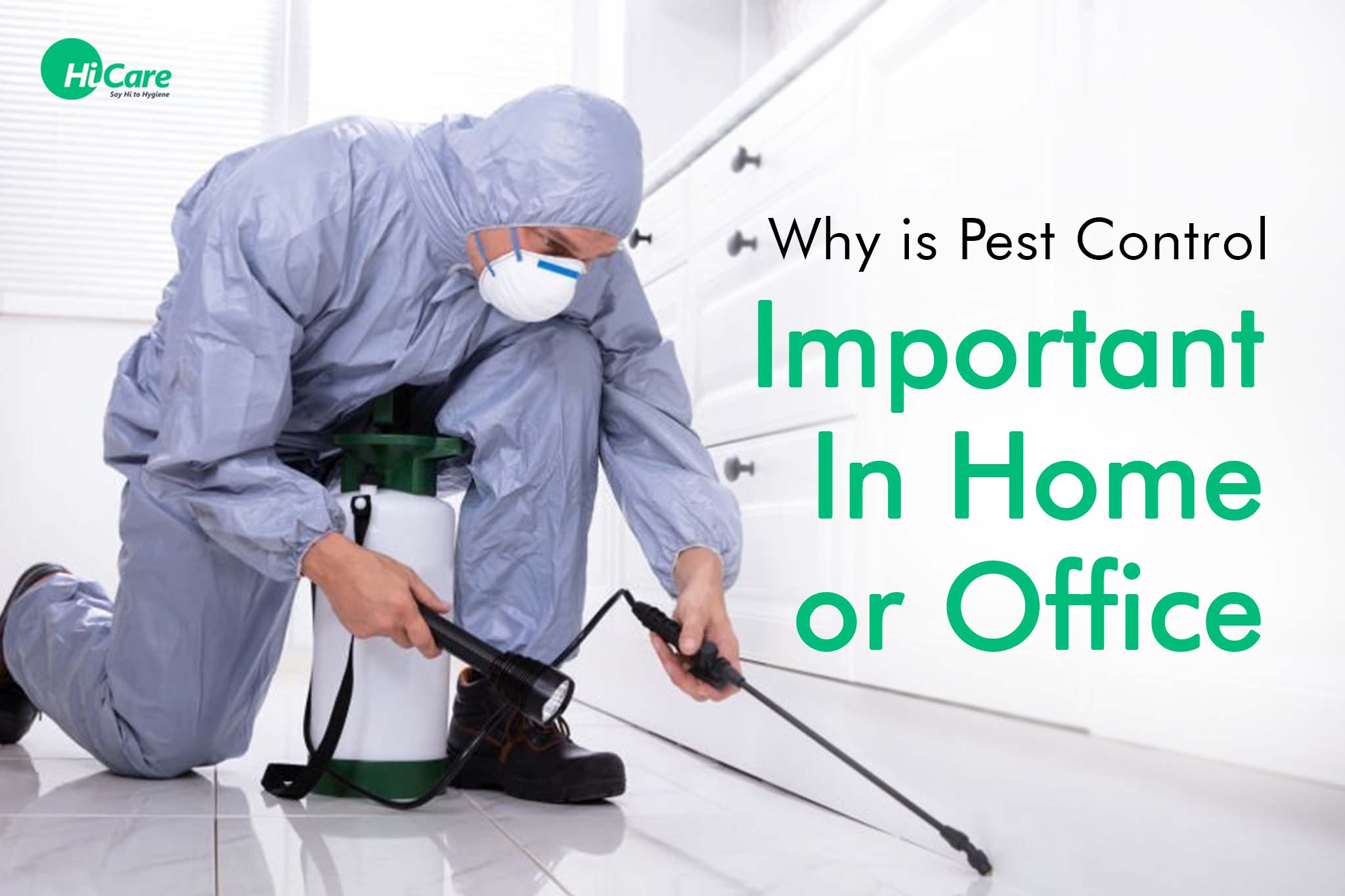Top Coquitlam Pest Control Solutions for a Rodent-Free Home
Top Coquitlam Pest Control Solutions for a Rodent-Free Home
Blog Article
Safe and Trusted Parasite Control for Lasting Security
Efficient pest management calls for a diverse technique that balances environmental stability with the requirement for effective bug reductions. The subtleties of these techniques might not be quickly clear, triggering a closer assessment of the practices that can lead to lasting pest control end results.
Understanding Parasite Control Techniques
Parasite control includes a selection of methods focused on handling and eliminating undesirable insects and rats that can intimidate both health and wellness and residential or commercial property. Comprehending these approaches is vital for effective insect monitoring.
The primary classifications of parasite control methods consist of mechanical, organic, and chemical methods. Mechanical approaches entail physical barriers and traps to avoid pest entrance and capture undesirable varieties. For instance, using screens on home windows or using sticky traps can considerably minimize parasite populations without introducing dangerous materials.

Chemical bug control is often the most recognized technique, making use of pesticides to remove parasites. These chemicals can be reliable however should be used with care to prevent unfavorable effects on non-target varieties and the setting.
Advantages of Eco-Friendly Solutions
Just how can environmentally friendly remedies transform bug control techniques? The adoption of environment-friendly parasite control methods supplies many advantages, substantially enhancing the performance and safety of insect monitoring.

One more advantage is the positive effect on local biodiversity. Environmentally friendly services are developed to target particular insects while protecting useful bugs and wildlife, promoting a balanced community. This method aligns with the expanding customer demand for sustainable practices, boosting the online reputation of parasite control companies.
Integrated Insect Management Strategies
The implementation of green remedies normally causes the fostering of Integrated Insect Management (IPM) strategies, which better boost insect control efficacy. IPM is a holistic approach that incorporates numerous techniques to manage pest populaces while lessening environmental influence. This method highlights using biological, social, mechanical, and chemical controls, making sure a balanced and sustainable method of bug administration.
One fundamental aspect of IPM is the complete analysis of bug task and environmental conditions. By keeping track of bug populations and recognizing their life process, practitioners can apply targeted interventions that interrupt the insect's habitat or lifecycle, decreasing reliance on chemical pesticides. In addition, social techniques such as plant turning and habitat manipulation can significantly reduce insect facility and reproduction.
An additional vital component is making use of biological control representatives, such as useful insects or microbes, which can normally reduce bug populations. When chemical applications are needed, IPM prioritizes using low-risk pesticides and applies them uniquely, decreasing exposure to non-target organisms and human beings.
Including IPM methods not just improves bug control efficiency yet also advertises a much safer environment, lining up with the growing need for sustainable techniques in parasite administration.
Safe Practices for Property Owners
Recognizing the relevance of safe practices in parasite control can encourage home owners to properly take care of parasite issues while guarding their health and wellness and the setting. Implementing preventive procedures and safe techniques is critical in reducing exposure to harmful chemicals.
Home owners need to first evaluate their environment for problems that draw in pests, such as standing food, water, and mess waste. Consistently cleansing and sealing entrance factors can discourage pests from attacking the home. Making use of natural deterrents, such as important oils or diatomaceous planet, can offer effective alternatives to chemical pesticides.
When chemical therapies are needed, property owners ought to opt for items that are especially identified as secure for residential use. It is essential to comply with application guidelines thoroughly to prevent overexposure. Additionally, using targeted treatments in locations where insects are identified, rather than blanket spraying, can considerably minimize chemical use.
Finally, maintaining open communication with Full Report insect control specialists is important. House owners ought to ask about the security of products used and request eco-friendly alternatives whenever feasible. By embracing these risk-free practices, home owners can develop a much healthier living atmosphere while successfully handling bug problems.

Tips for Long-Term Protection
Developing an insect management technique that stresses long-lasting protection can significantly boost the performance of the secure techniques formerly reviewed. To accomplish this, homeowners should implement regular inspections of their home, concentrating on concealed locations such as attic rooms, basements, and crawl rooms. Early detection of pest activity is critical in protecting against infestations from taking hold.
Furthermore, keeping a clean environment is important. This includes proper food storage, quickly cleaning up spills, and regularly getting rid of rubbish. These techniques reduce attractants that attract parasites right into the home. Securing entrance points, such as fractures around doors and home windows, can successfully block prospective pest access.
Landscaping ought to likewise be thought about; maintaining plants trimmed discover this info here and preserving a distance in between vegetation and the home minimizes concealing areas for bugs. Using natural deterrents, such as essential oils or diatomaceous planet, can better discourage problems without resorting to harsh chemicals.
Last but not least, teaming up with an expert pest control solution for periodic examinations can give an extra layer of protection. These specialists can offer customized recommendations and advanced treatments, guaranteeing that your home stays shielded versus pests in the long-term.
Conclusion
In conclusion, secure and trustworthy insect control needs a multifaceted strategy that emphasizes green approaches and integrated bug monitoring. By carrying out natural deterrents, conducting routine inspections, and preserving proper hygiene, home proprietors can substantially lower pest populations while securing valuable pests and the atmosphere. Partnership with specialist bug control services improves the effectiveness of these strategies, making sure customized remedies that supply lasting defense and comfort against future infestations.
Reliable pest administration needs a complex method that balances ecological stability with the demand for effective insect suppression. The fostering of eco-friendly pest flea pest control control approaches provides numerous benefits, considerably boosting the efficiency and security of pest management.The implementation of green remedies naturally leads to the adoption of Integrated Insect Monitoring (IPM) approaches, which better boost pest control efficacy. exterminator coquitlam. By keeping an eye on insect populaces and determining their life cycles, experts can execute targeted treatments that disrupt the pest's habitat or lifecycle, lowering reliance on chemical pesticides.In final thought, trustworthy and secure parasite control needs a complex technique that stresses environmentally friendly techniques and incorporated insect monitoring
Report this page